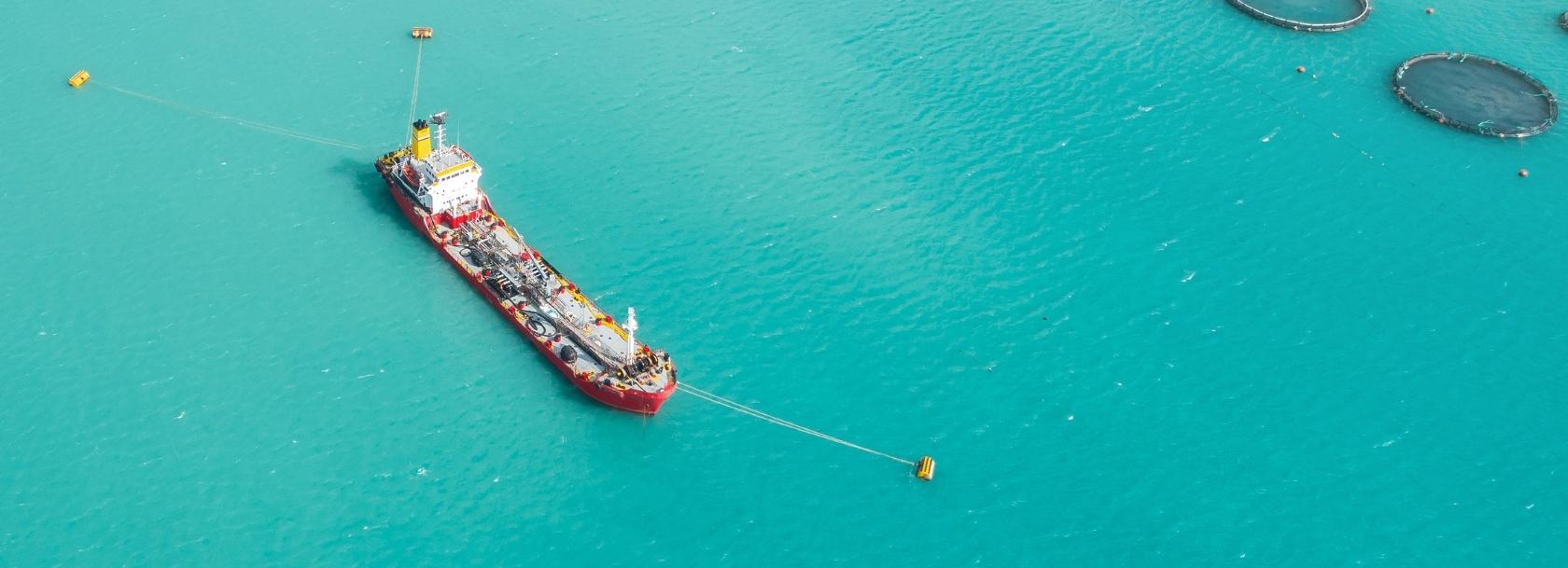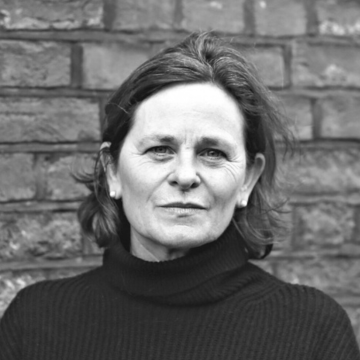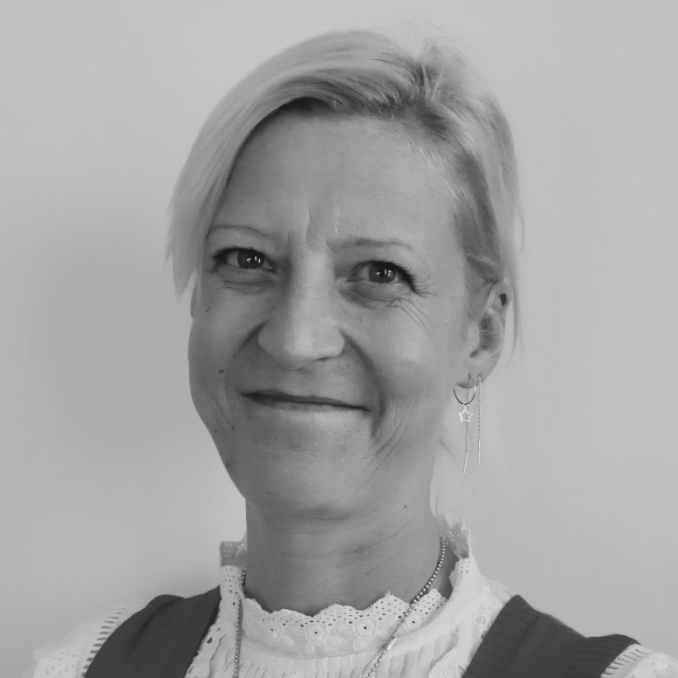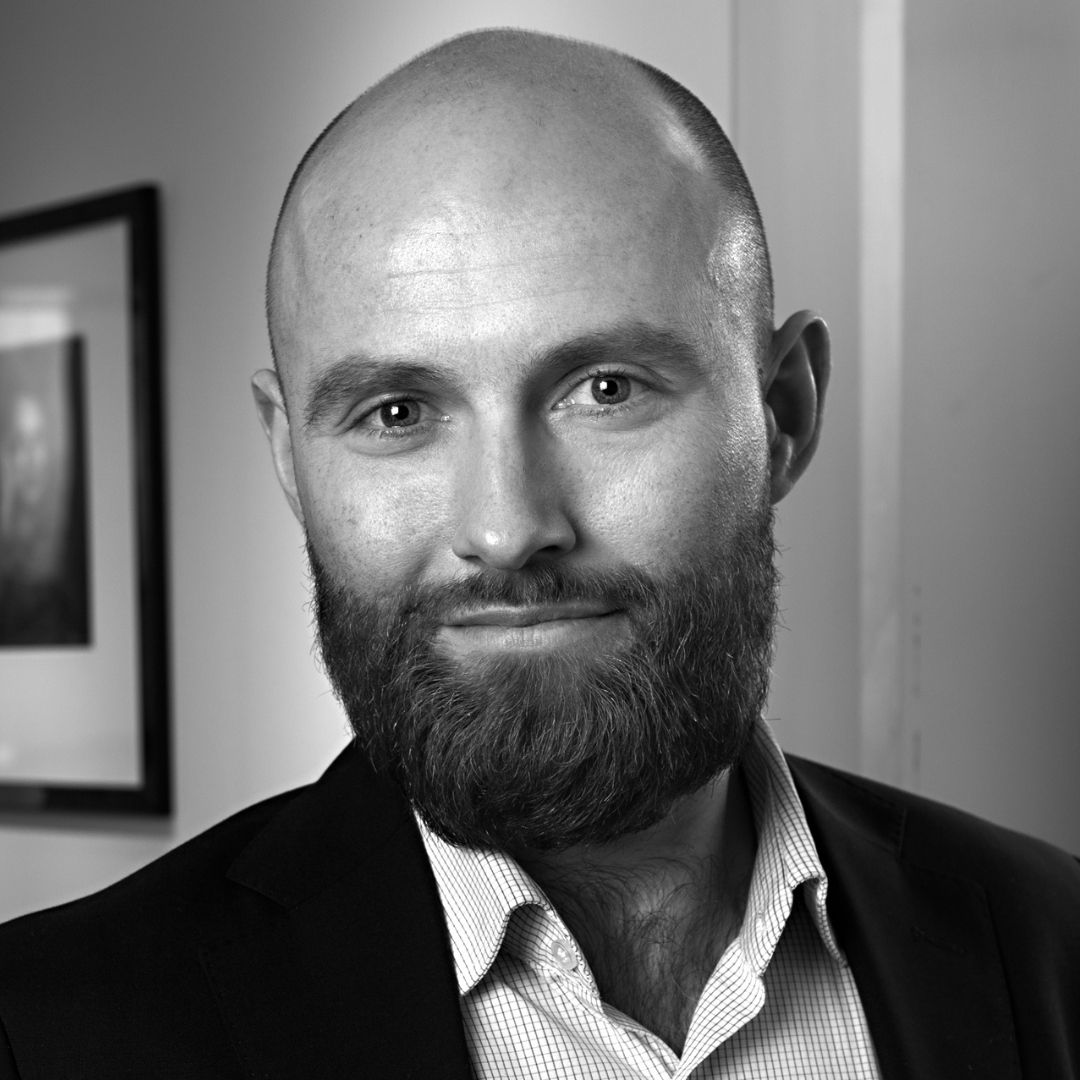Led by two international human rights organisations, working alongside a global network of business, government, human rights defenders, civil society partners, academia and national human rights institutions, the Oceans and Human Rights Platform (Ocean Platform) is a collaborative initiative to raise awareness to prevent and address adverse human rights impacts across ocean industries.
The work of the Ocean Platform is underpinned by international standards, in particular the UN Guiding Principles on Business and Human Rights, the OECD Guidelines for Multinational Enterprises and the UN Sustainable Development Goals, as well as the Maritime Labour Convention.
Why an Ocean and Human Rights Platform?
Industrial activities in the world’s oceans can have significant societal and environmental benefits. But if not managed thoughtfully, they can also have adverse impacts - on local communities, on workers in direct operations and in value chains, and on groups at risk, including Indigenous Peoples, women and girls, and human rights and environmental defenders (Circle 1). Not only is this bad for these workers and communities, it is also bad for business, leading to operating delays, avoidable crises, reputational risk, and missed opportunities to build alliances.
Up to now in the ocean industries (Circle 2), social and human rights risks are not taken into consideration in the same way as environmental risks are. This extends to ocean finance which has also been slower to consider the social and human rights dimensions (the ’S’ of ‘ESG’). Within the climate emergency, both social and environmental ocean-related risks are clearly inextricably linked. Led by two international human rights organisations, the Institute for Human Rights and Business and the Rafto Foundation for Human Rights, working alongside a global network of business, government, human rights defenders, civil society partners, academia and national human rights institutions, the Ocean and Human Rights Platform (Ocean Platform) is a collaborative movement to raise awareness to prevent and address adverse human rights impacts across ocean industries. The work of the Ocean Platform is underpinned by international standards, in particular the UN Guiding Principles on Business and Human Rights, the OECD Guidelines for Multinational Enterprises and the UN Sustainable Development Goals.
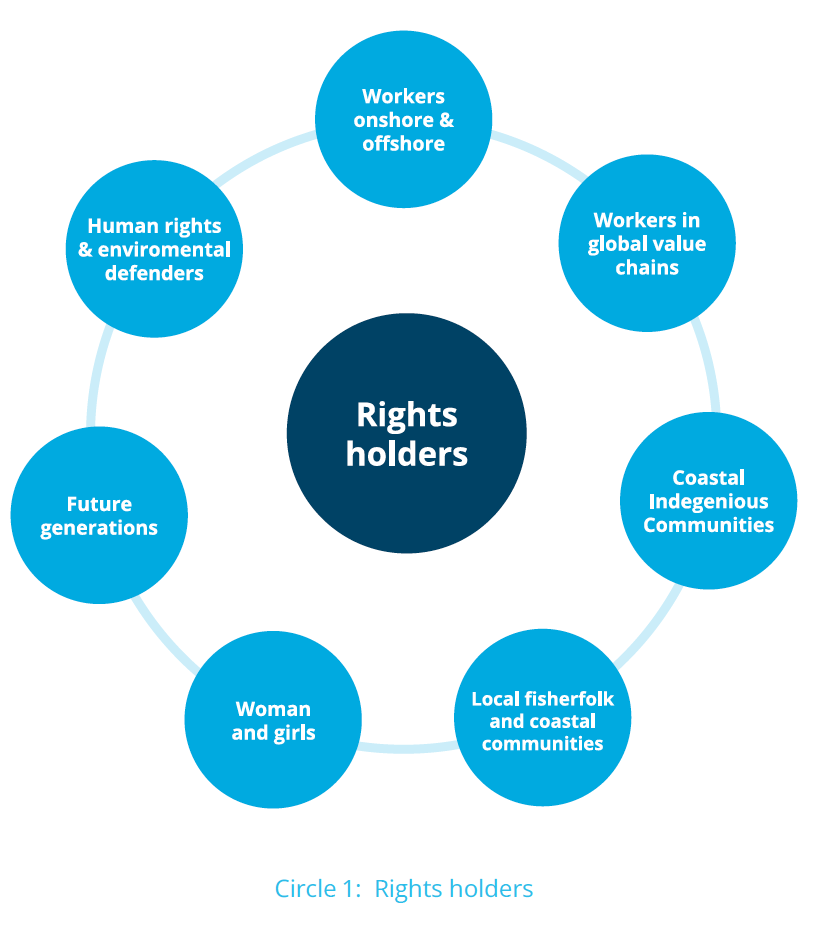
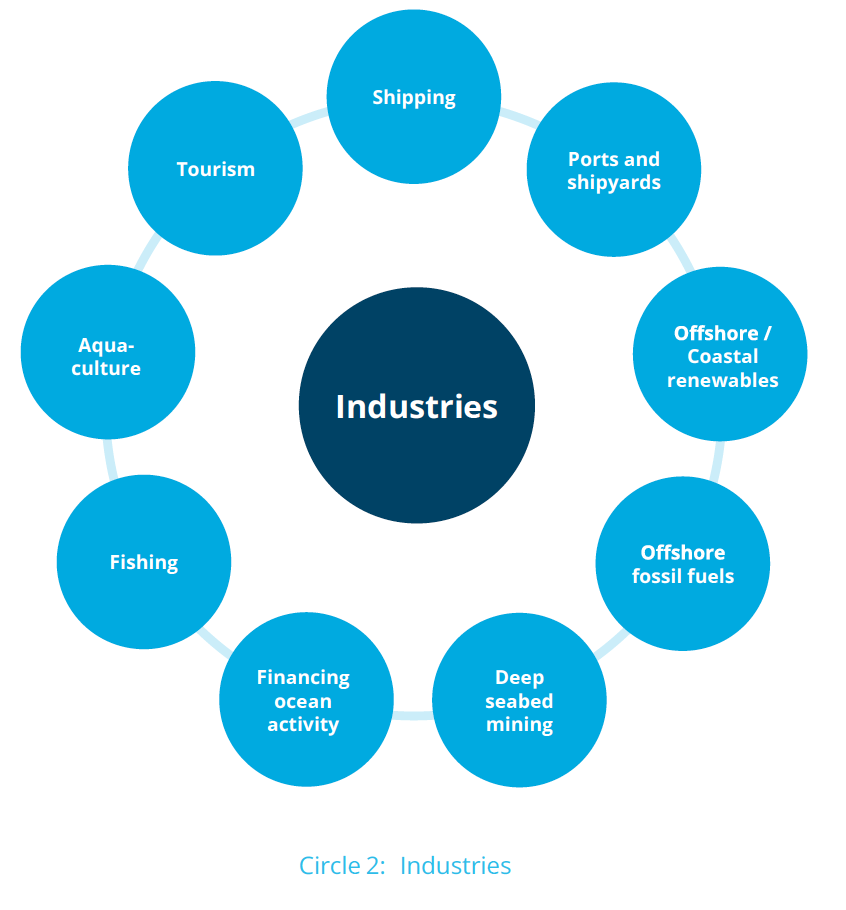
Human rights impacted are numerous, ranging from but not limited to:
- Decent working conditions throughout value chains
- Employment and labour rights
- Access to land and resources
- The right of Indigenous Peoples to Free, Prior and Informed Consent
- Protection of long-standing cultural practices.
Vision
All ocean industries understand and respect the rights of workers and communities directly or indirectly impacted by their activities now and in future generations.
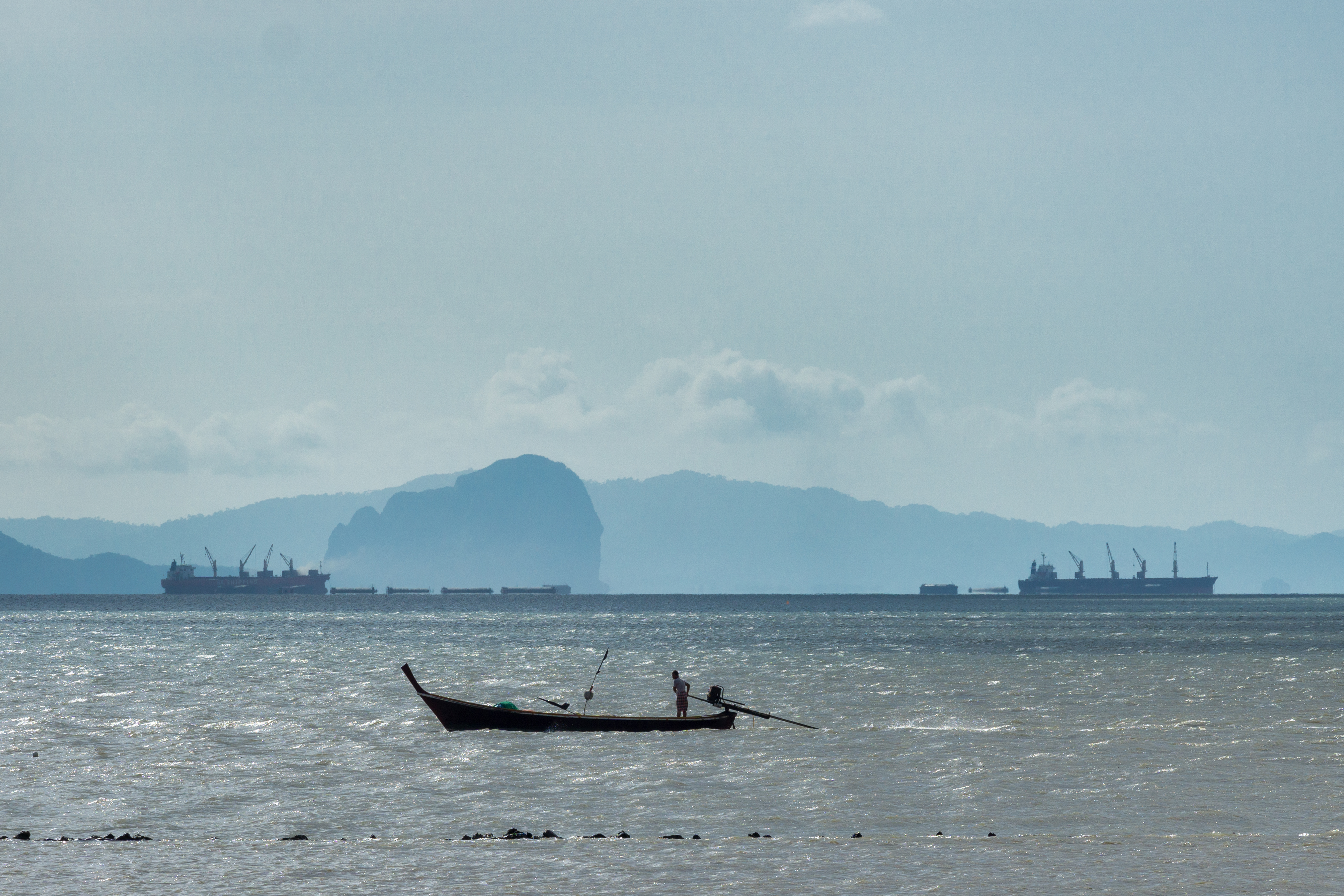
What we aim to achieve
Desired outcomes
- People working in and impacted by ocean industries are included, represented, and heard in the conversations around the current and future use of the ocean.
- Ocean actors, both private and public sector, apply up-to-date knowledge and ideas on addressing social and human rights issues related to ocean industries.
- Ocean-based industries are better equipped to fulfil their human rights responsibilities towards those impacted, including local communities and workers in direct operations and in value chains. Groups at risk include women and girls, coastal communities including indigenous peoples, and human rights and environmental defenders.
- Human rights defenders, including representatives of impacted people, working on issues related to ocean industries are supported, empowered and protected.
- Accountability of ocean industry actors is strengthened and access to remedies for those impacted is reinforced.
- Financial actors apply up-to-date knowledge on addressing social and human rights issues related to ocean industries.
- The younger generation and future leaders are educated and empowered to include impacts on people of ocean economy activities in their future roles.
- Local, regional and global innovations to address social and human rights challenges are highlighted and replicated.
Target actors
Driven by its commitment to addressing challenges through multi-stakeholder approaches, the Ocean Platform’s ambition is to complement other ocean initiatives. As such, Ocean Platform partners will seek to work with:
- Ocean industries, global & local and their industry associations
- Workers & trade unions
- Local communities & Indigenous Peoples
- Financial institutions financing Blue Economy actors and activities
Ongoing dialogue and engagement with the following actors will be important:
- Youth leaders
- Civil society organisations
- Governments
- Multilateral/intergovernmental organisations
- National Human Rights Institutions
- Other Blue Economy / ocean initiatives
- Academia
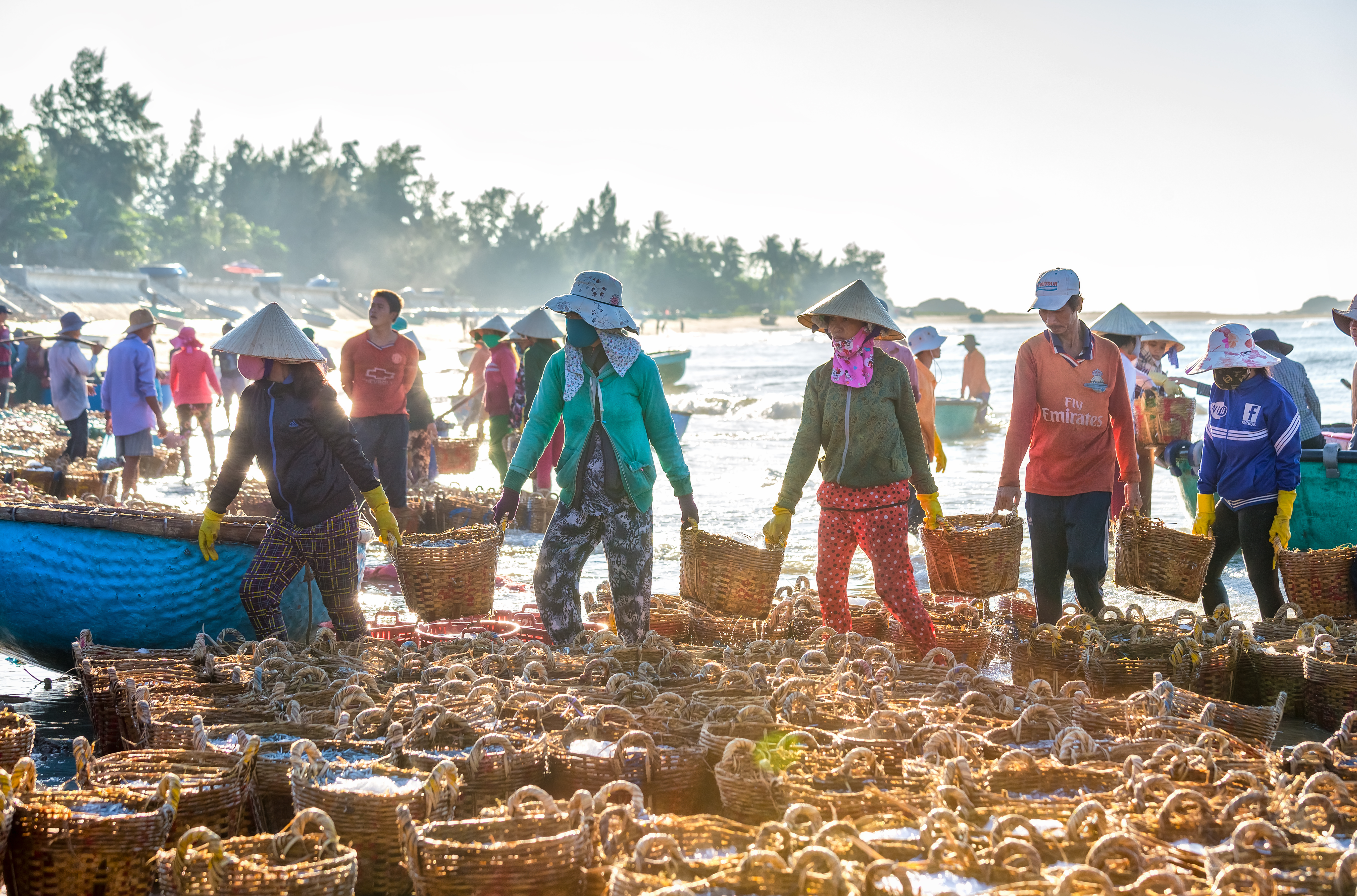
How we aim to achieve it
- Convening multi-stakeholder dialogues to collectively address important human rights challenges in relevant ocean economy sectors.
- Convening business-only dialogues to address dilemmas, co-developing practical guidance, tools and training to advance business practice on respecting human rights.
- Developing knowledge to raise awareness of the social and human rights dimensions of ocean activities, and to inform other ocean initiatives.
- Providing expert input to relevant oceans policies and frameworks to ensure that relevant social and human rights dimensions are addressed in policy making.
- Collaborating with and supporting local/ regional partners working with human rights challenges linked to ocean industries.
- Supporting human rights defenders representing groups at risk.
- Elevating the voices of rights-holders affected by ocean industries through engaging with and empowering representatives of local communities and workers in direct operations and value chains.
- Connecting evidence and lessons learned from the local level to the global level and vice-versa.
- Collaborating with academic institutions and students in order to educate, empower and mobilise future leaders.
- Considering the entire life cycle of selected ocean industries and their global value chains - to develop a comprehensive overview of human rights risks and impacts and leverage points for action.
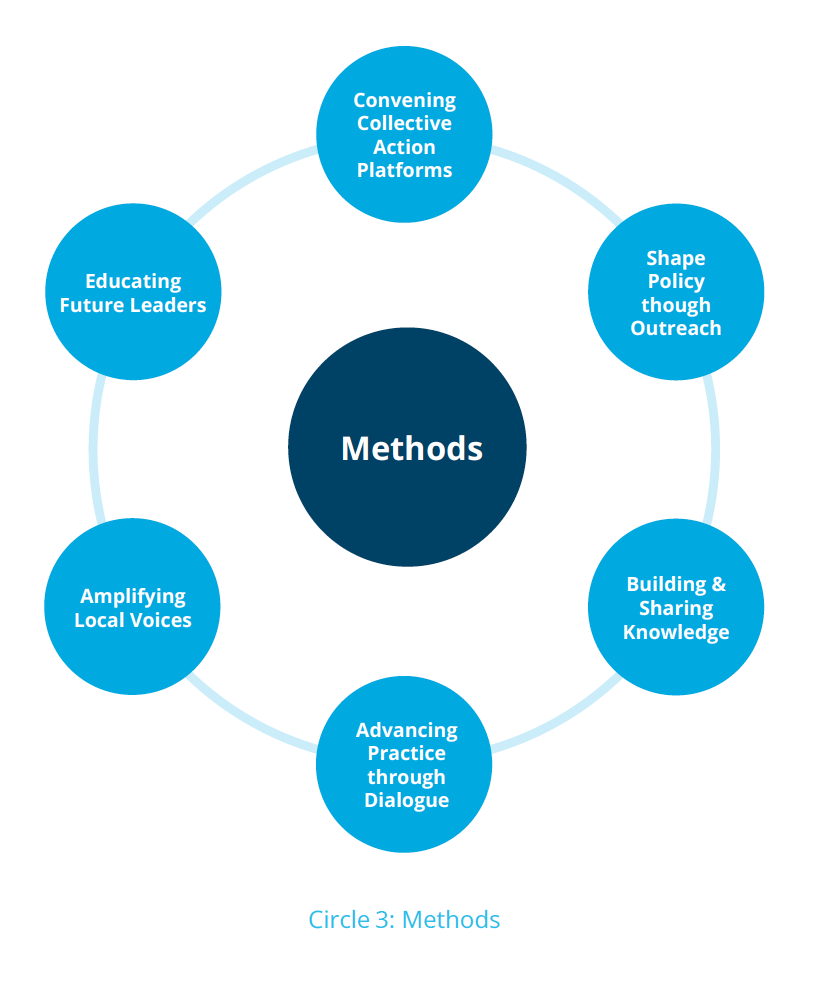
What we will do
We have selected a number of activity areas on which to focus our work in the next three years (2022-2024) to contribute to ensuring respect for and promoting human rights for all those affected by ocean industries. Each focus area includes one or more of the Ocean Platform themes (Circle 4). The Ocean Platform's current focus areas are fisheries, aquaculture, shipping, and coastal and offshore renewables.
The intention is to establish an initial physical home for the Ocean Platform in Bergen, Norway - in the city known to be "Ocean City Bergen" and Norway’s first and only "Human Rights City". Activities and resources will be made widely available through the Ocean Platform website (www.oceanhumanrights.org) which aims to be a “one-stop shop” for relevant resources and guidance related to the ocean and human rights, as well as through online events.
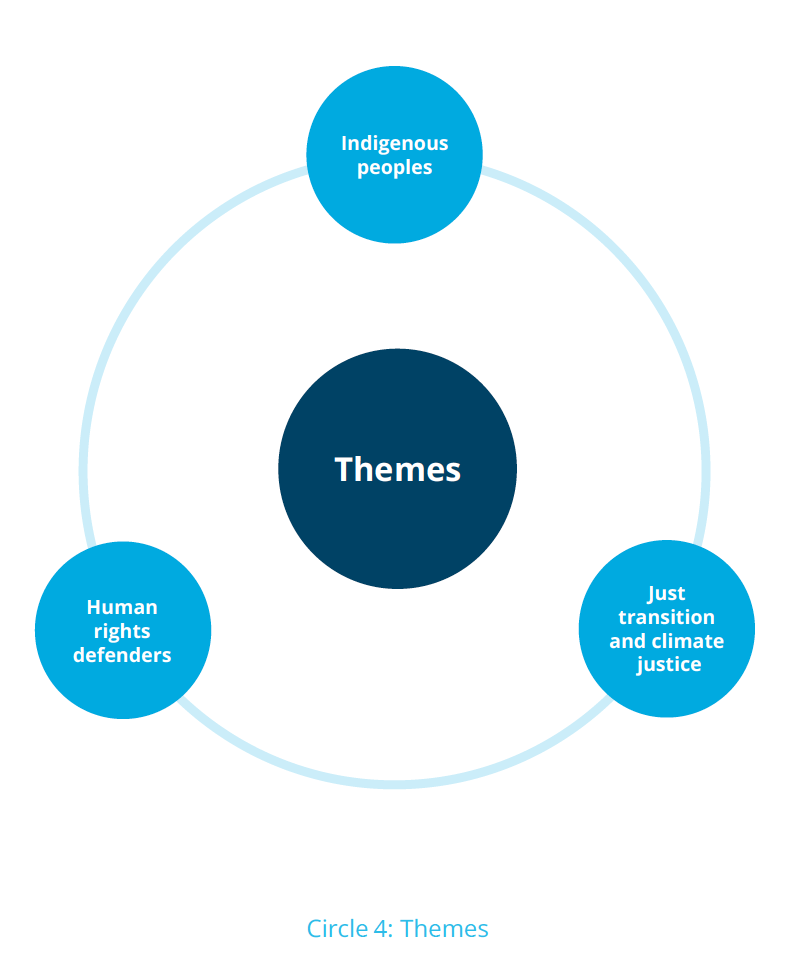
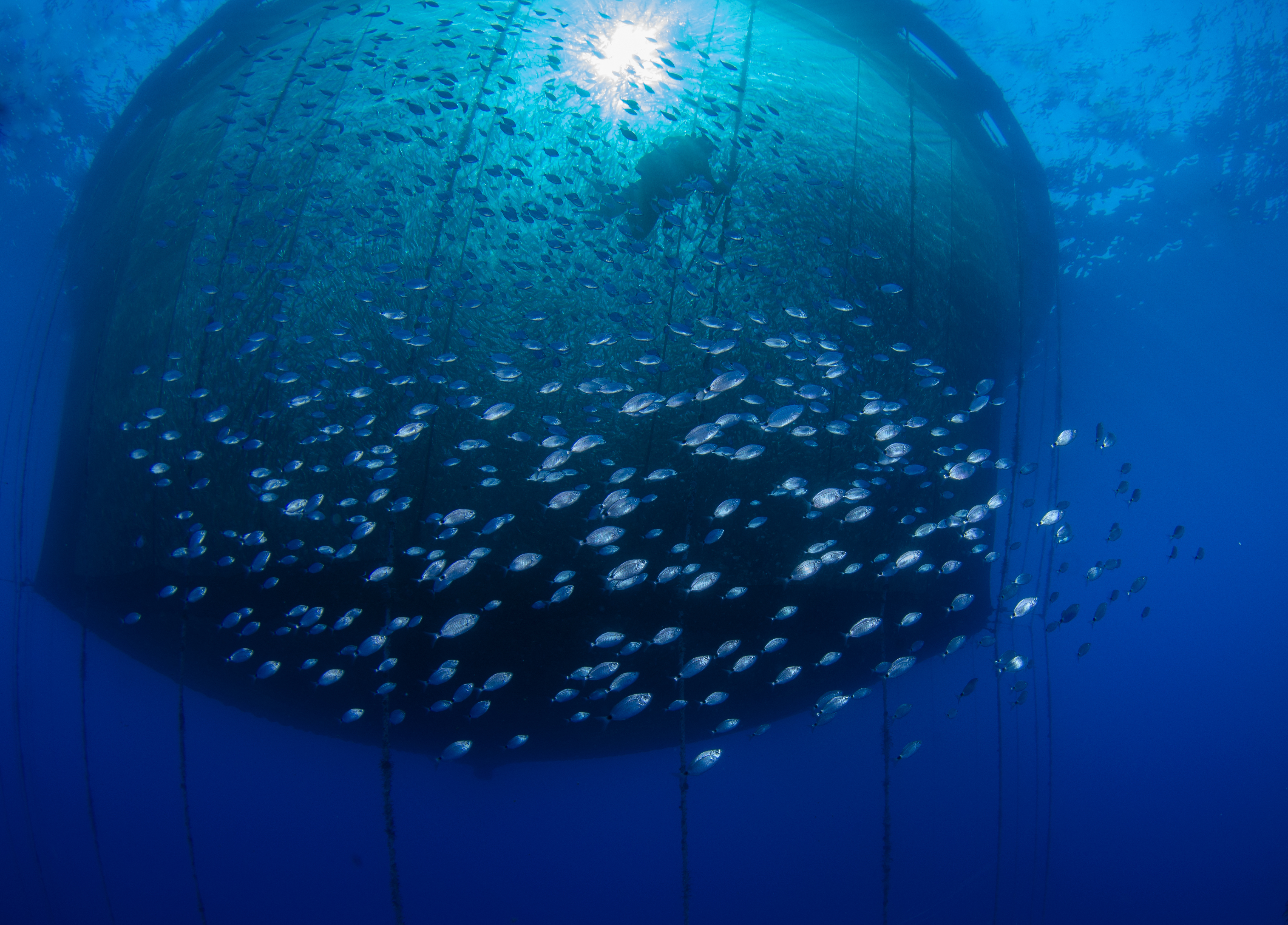
Who We Are
The Ocean Platform will be steered by its two founding organisations, the Institute for Human Rights and Business and the Rafto Foundation for Human Rights, working in collaboration with a global network of regional partners and other collaborators, all committed to integrating human rights principles and approaches into ocean economy activities and to operating within environmentally safe and socially just boundaries. The two founding partners each have a strong foundation in human rights and experience in working with coalitions of actors to address human rights impacts across business sectors. The Ocean Platform’s activities will be carried out through global, regional and local programmes and events.
Founders
The Rafto Foundation is a non-profit organisation dedicated to the global promotion of human rights. Established in 1987 in memory of Professor Thorolf Rafto at NHH – Norwegian School of Economics, the Foundation awards the Rafto Prize to human rights defenders worldwide and offers long-term support to the laureates through a range of activities. The Rafto Foundation collaborates closely with national and international experts, businesses and academia and links key players in order to reinforce work on human rights. The Business and Human Rights programme includes work on shipping and seafood, the built environment, just transition and finance. Target groups are human rights defenders, workers and affected communities.
Founded in 2009, the Institute for Human Rights and Business (IHRB) is the leading international think tank on business and human rights. IHRB’s mission is to shape policy, advance practice, and strengthen accountability in order to make respect for human rights part of everyday business. Several of IHRB’s programmes have evolved into independent initiatives (including Corperate Human Rights Benchmark, the Myanmar Centre of Responsible Business, the Centre for Sports and Human Rights, and CREER in Colombia). IHRB has had an active shipping programme since 2018.
Regional Partners
The founding organisations aim over time to increase the number and geographic scope of partnerships in all regions of the world. Regional partners will be encouraged and supported to collaborate to address regional ocean challenges. Ocean Platform partners in Africa, Latin-America and Asia are committed to working together to implement specific projects on the social dimensions of ocean sustainability in their country or region as funds are secured and to participating in relevant seminars or other activities that amplify the Ocean Platform’s work.
